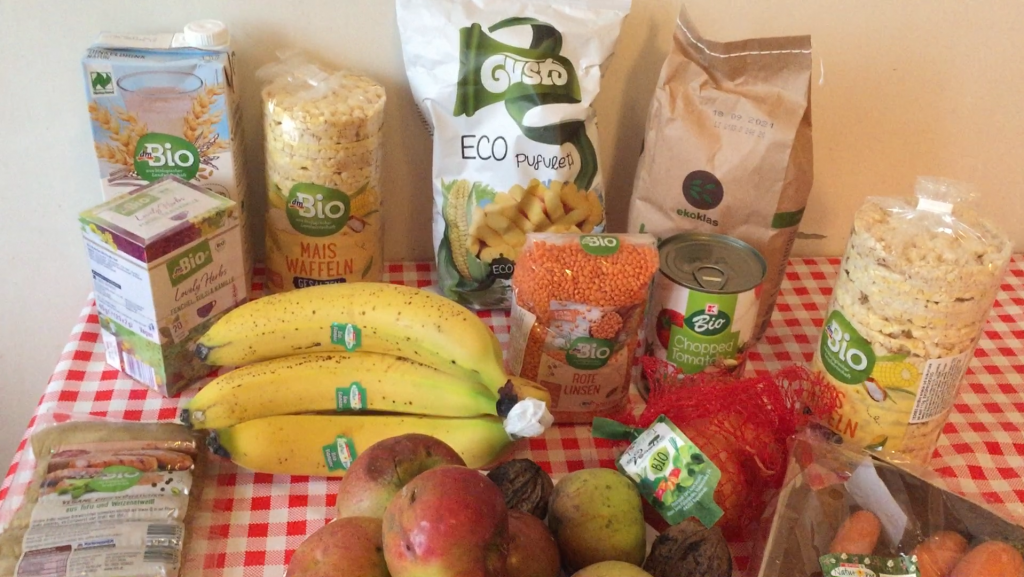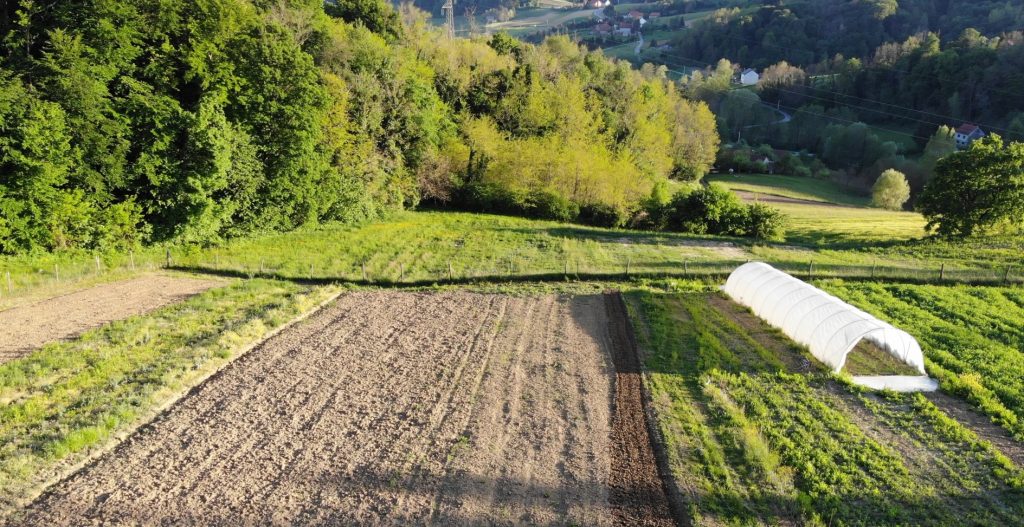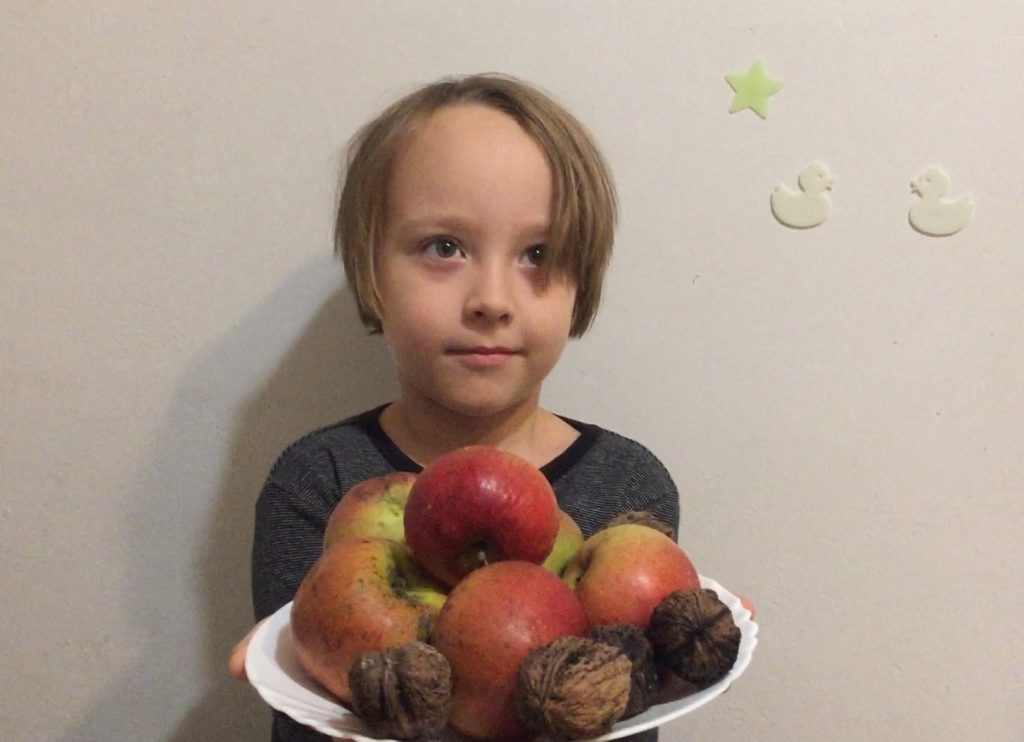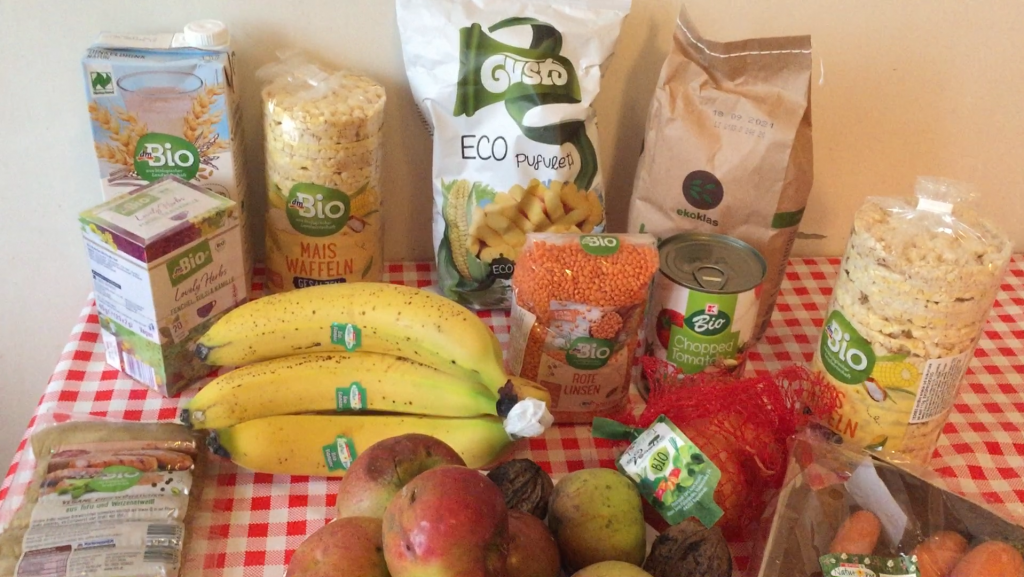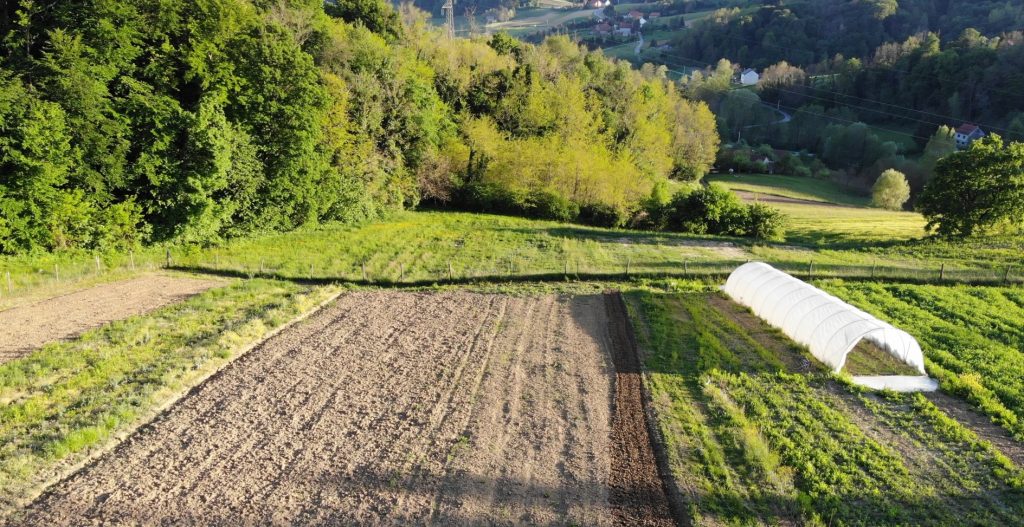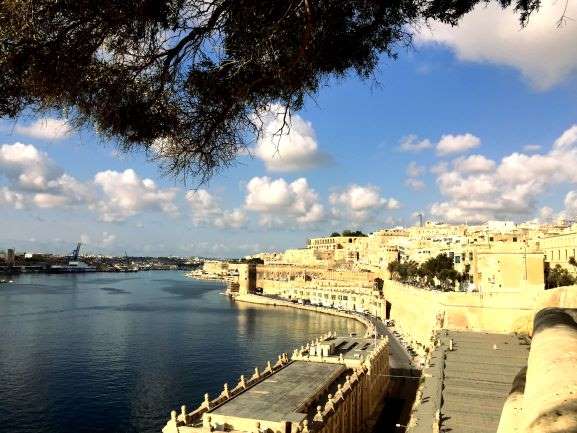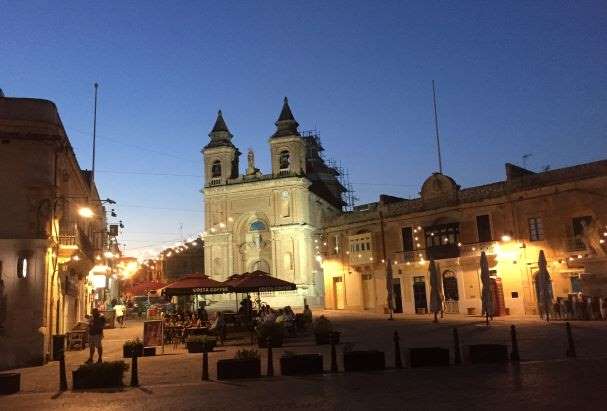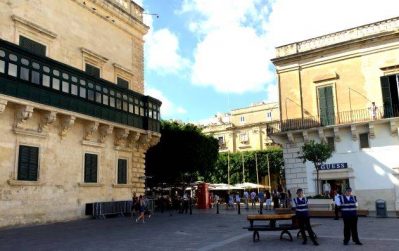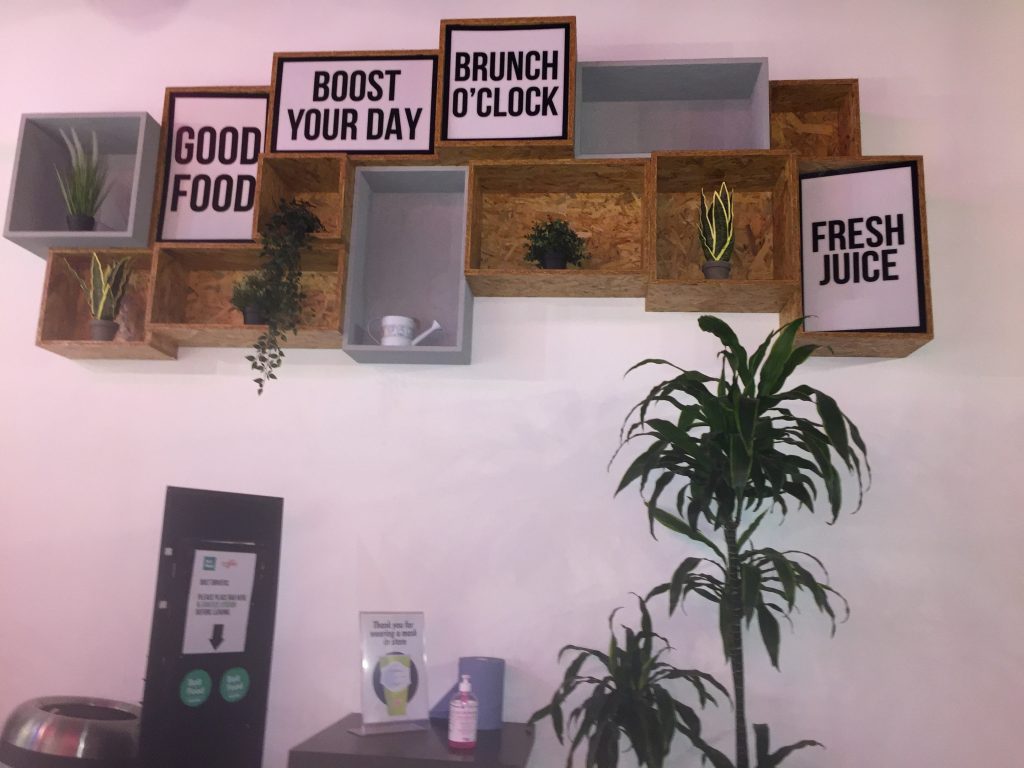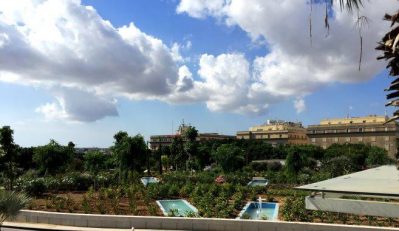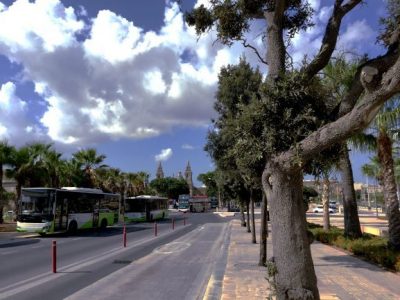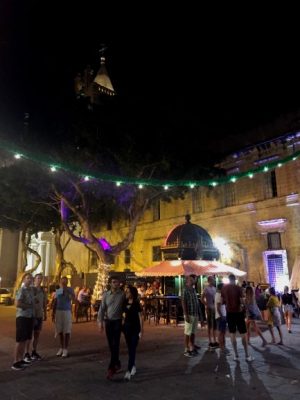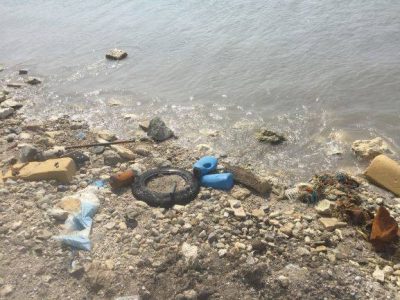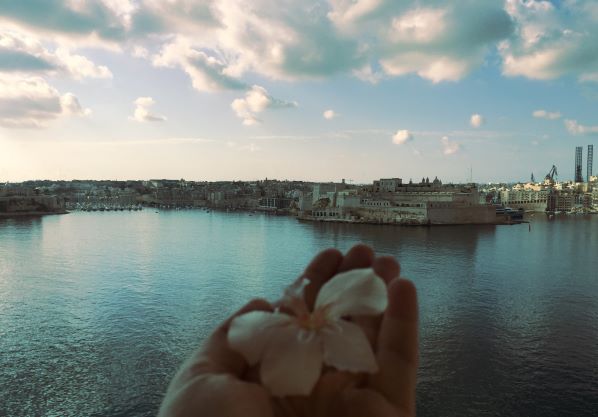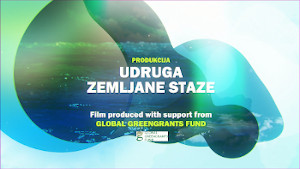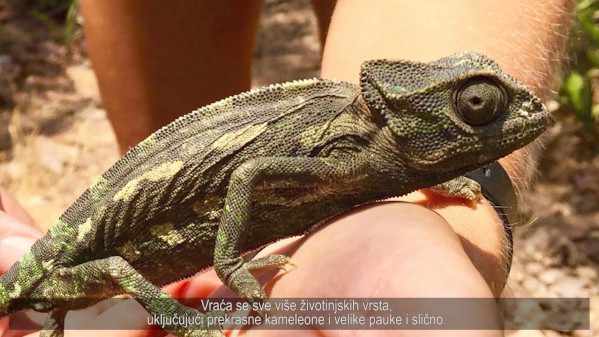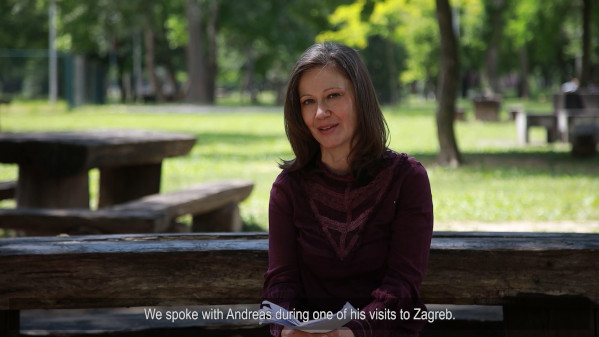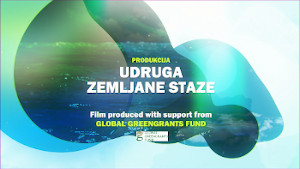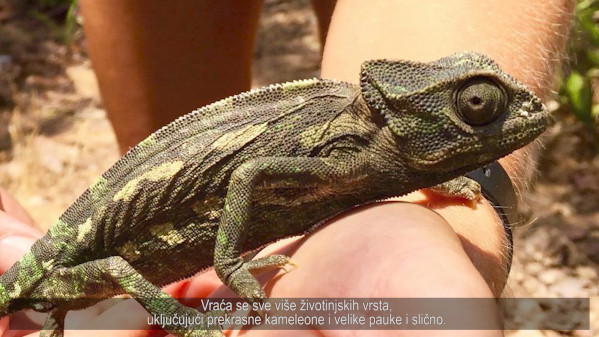It is necessary to abandon bad business models and build sustainable systems
Marc Buckley, an expert for the World Economic Forum, United Nations Sustainable Development Goals advocate, an activist and an environmentalist, Germany’s largest organic food producer, talks about the alternatives to the use of chemicals in food production, providing his own example – on 12,500 ha of land Marc grows organic food, without the use of chemicals, which supplies over 20,000 stores in 12 countries of the European Union.
Marc also offers his expertise and experience to Croatian experts for Croatia to establish sustainable health food production systems.
The interview will premiere on the YouTube channel of the Earth Trek Association on 20 January 2021. at 11:00 a.m., at the following link: https://youtu.be/wopomTNKJcw.
Part of the interview will also be shown in Eko-Zona show on HRT1, 20 January 2021. at 11:10 a.m.
At a time when we are facing a crisis on a global level, when the stability and reliability of existing structures are questionable, and in addition, we are dealing with the consequences of strong earthquakes, Croats are forced to see a future we have never imagined. In that future, we will face completely different paradigms, completely different features will gain value.
Primarily – food systems. As in 2008, during the economic crisis, many companies reoriented to food production, because food, in addition to air and water, is our basic need, and therefore the demand for food is unquestionable and constant.
While tourism, entertainment, and sports can be put on hold, food will surely be sought every day.
The availability of healthy food should be a priority for every country. Food should support health, instead of being poison. Healthy food is the food produced by natural and harmless farming methods, and poisonous food is that which contains residues of chemical agents.
In addition to making food dangerous, chemicals destroy soil, biodiversity, pollute all water on Earth, as well as the air, and contribute to climate change.
The position of the Minister of Agriculture is that the replacement of pesticides by sustainable farming methods would have a negative impact on Croatian farmers, for example, that “a unilateral and immediate ban on glyphosate would put Croatian farmers in an unequal position.”
Our question is: what is, in this case, the position of Croatian citizens who consume toxic food, but also the position of food producers themselves who may be unaware of the dangerous effects of pesticides on nature and the environment and even on their own health, due to the lack of information. Every year, a large number of pesticide poisonings are recorded in the world, about 250,000 deaths, according to the World Health Organization.
Marc Buckley warns that we have done great damage with agrotechnical measures and tells us how much harvest we have left if we do not change the existing food production systems. He also mentions the problem of food waste which is not only an economic loss but also an environmental problem. Poor resource management entails a number of consequences, of which the unfair cost of labor because of cheapening the food should be mentioned.
Marc also suggests solutions to the current crisis and tells us what to expect if we switch from harmful existing practices that involve the use of hazardous chemicals and reorient to organic production: “You will be able to keep a healthy and biodiverse plethora of different types of crops on your agricultural land, which you will use, and it will be useful not only for you as an entrepreneur, farmer and those to whom you sell your products, but also for the environment and to human health. It will also help you reduce the amount of waste. “
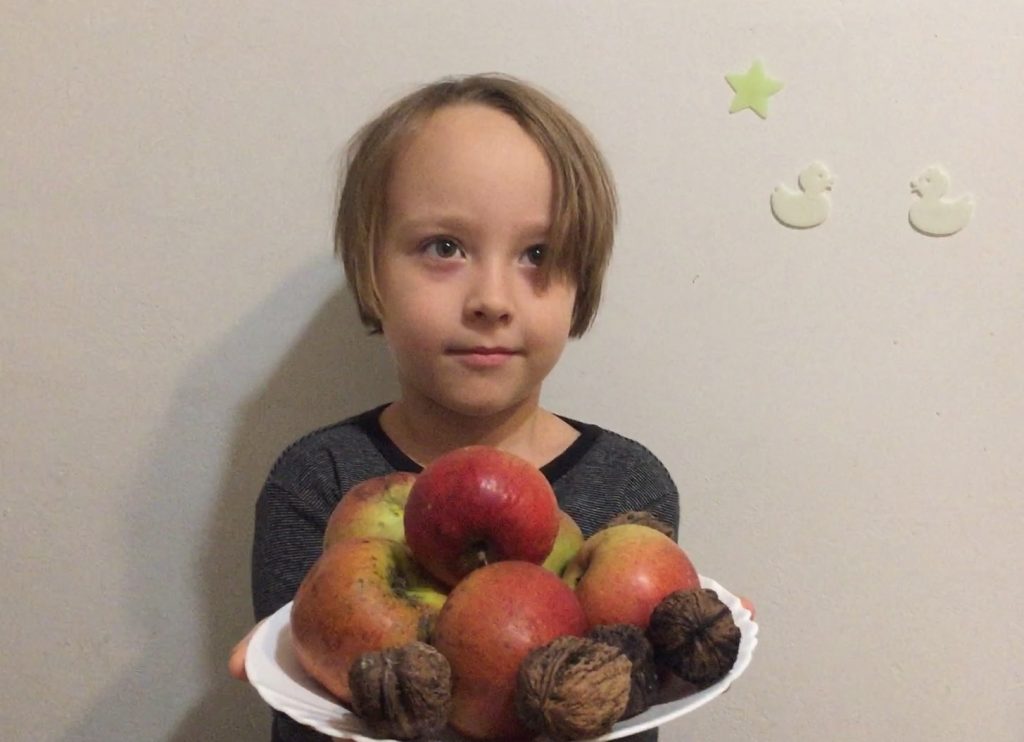
In the photo: Antonio Svrtan
